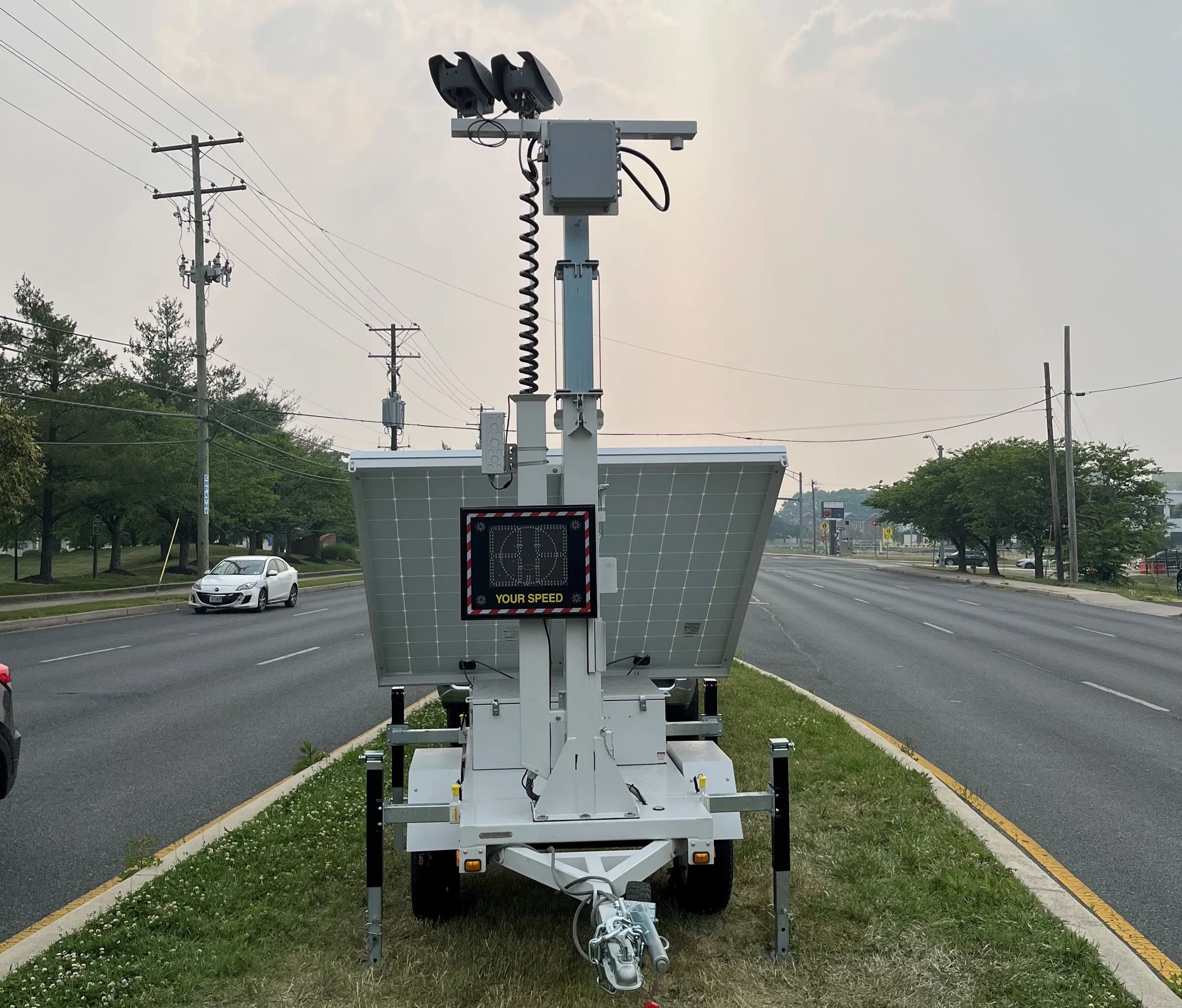
Prince George’s, the second-largest county in the US state of Maryland, is receiving 66 speed enforcement systems from Jenoptik Smart Mobility Solutions.
Full service operation, including maintenance, will be managed by local Jenoptik employees from the firm's new office in Prince George’s County. The contract value is in what Jenoptik calls the "mid to high single-digit million dollar range".
Each system from Jenoptik includes a mobile trailer with the Vector SR camera to identify speeding drivers. Delivery will start this spring.
The automated enforcement programme in Prince George’s was launched in August 2011 and consists of various cameras that are deployed at different locations, such as in school and workzones. Citizens can report locations where they experienced speeding drivers.
The 66 systems that Jenoptik will deliver will be placed at designated locations to cover various potentially hazardous areas. In addition to a Vector SR camera, each unit comes with a radar sensor to monitor speed limits. These camera systems are proven worldwide to accurately monitor speed violators travelling up to 186 mph.
The system is powered by high-capacity lithium batteries and is equipped with large solar panels, making them self-sufficient for days - even without sun.
“In keeping with Vision Zero, our number one goal is to reduce speed in high-risk spans of roadways, and to eliminate fatal and severe crashes by 2040,” said Anthony Cline, operations commander in Prince George’s County Police Department.
“In addition to placing cameras on our highly-travelled roadways like MD-210, which averages five fatalities per year, our residential speed enforcement programme will be expanding as well,” said Cline. “As new locations are identified, and designated as enforcement zones, additional cameras will be installed. We are confident our partnership will result in a safer Prince George’s County.”
Finbarr O’Carroll, president of Jenoptik Smart Mobility Solutions for the Americas region, said the contract will help expand the company’s footprint.
Optical technologies are at the center of product development at Jenoptik. The company’s two divisions - Advanced Photonic Solutions and Smart Mobility Solutions – employ around 4,600 people worldwide.
Headquartered in Jena, Germany, the company has around 4,000 cameras installed across the US and tens of thousands systems deployed worldwide.









